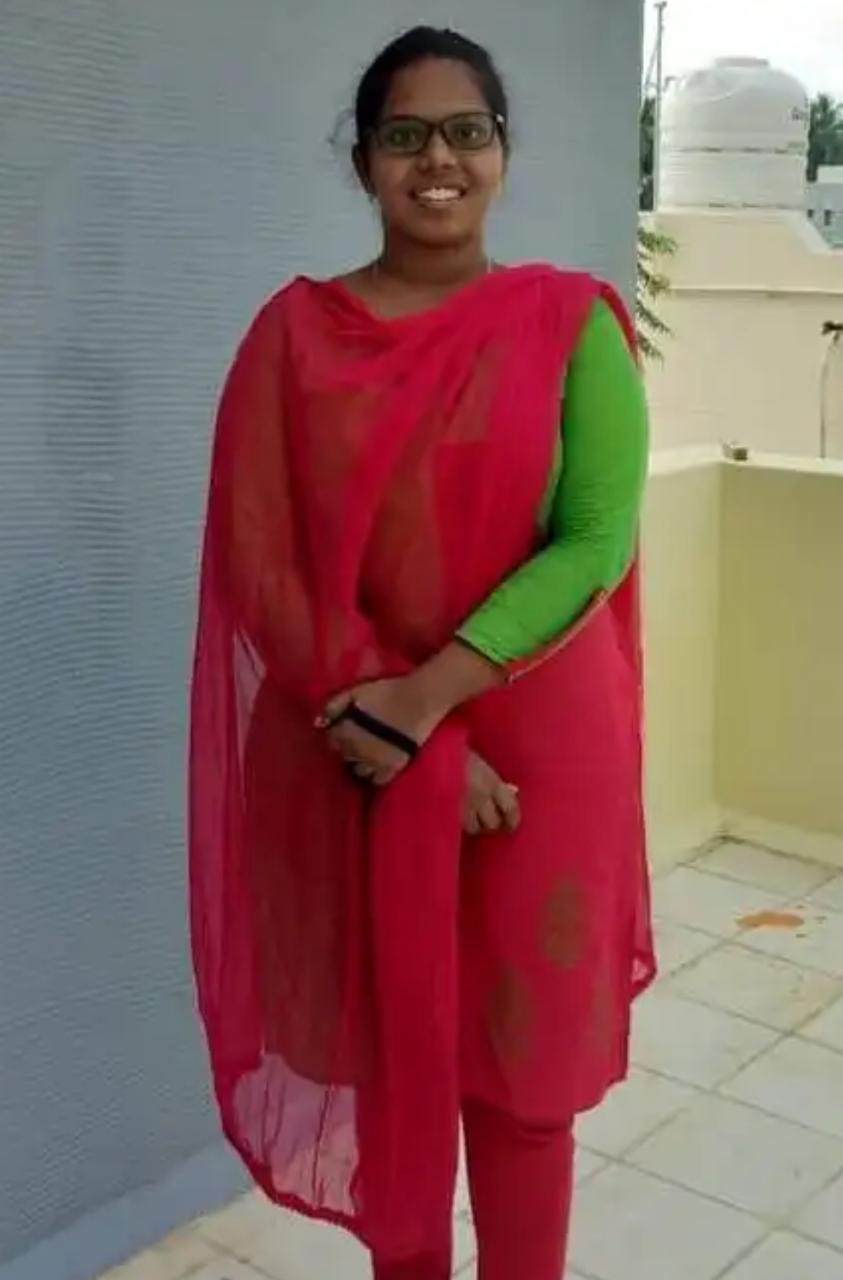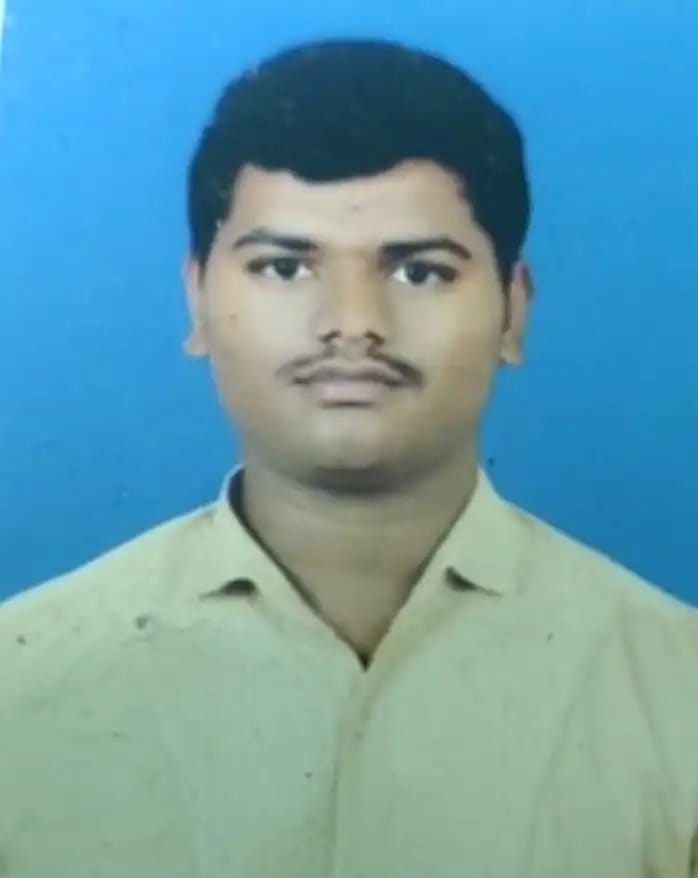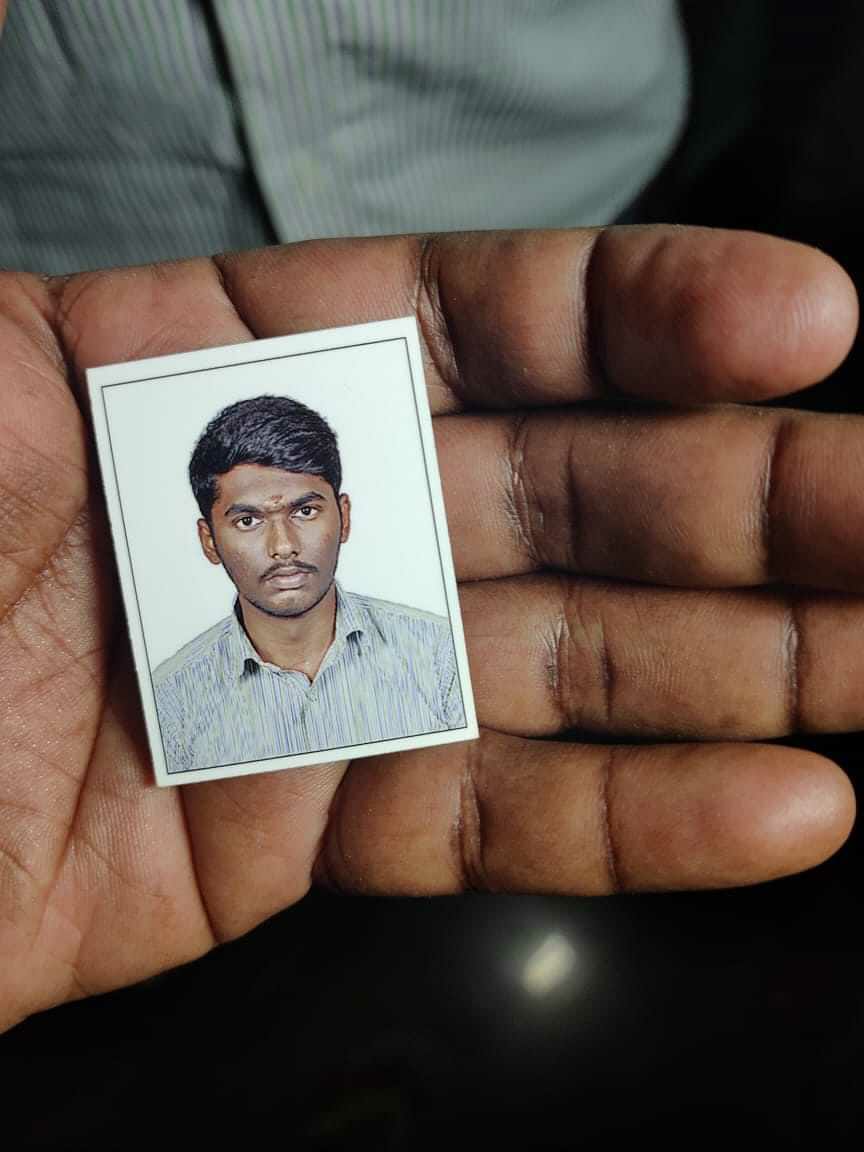Trending Now
- 830 voters names go missing in Kavundampalayam constituency
- If BJP comes to power we shall consider bringing back electoral bonds: Nirmala Sitaraman
- Monitoring at check posts between Kerala and TN intensified as bird flu gets virulent in Kerala
Tamilnadu News
Mental Health Concerns Peak Among Students Over Uncertain Times & Policies
![]() September 13, 2020
September 13, 2020
Trigger warning: This article is about anxieties faced by students over a variety of issues relating to education.
If you are depressed or having suicidal thoughts, help is at hand.
Contact SNEHA at 044-2464 0050.
Remember, suicide is not a solution to any problem.
It was a black Saturday for Tamil Nadu on September 12. Three students in Tamil Nadu, awaiting the National Eligibility cum Entrance Test or NEET, the unified entrance examination for all aspiring students of medicine in the country, took their lives.
Shocked and grieving parents of Jothisri Durga, 19, in Madurai were joined in mourning by the parents of Aadhitya M, 20, in Dharmapuri and M Motilal, 21, in Tiruchengode.
Jothisri Durga, Madurai
Aadithya M, Dharmapuri
M Motilal, Tiruchengode
The issue, instead of being viewed through the lens of mental health in the student community, has predictably been politicised in the state that is heading to polls in a few months.
It has been close to six months since students have been cooped up at home, thanks to the pandemic and lockdown. Anxieties over getting infected by the Coronavirus, their parents and friends getting infected, loss of livelihood of their parents, loss in income in the family and worries over ability to pay fees for college education – all of these have collided and caused severe anxiety and depression among students over their future, several mental health experts told The Lede.
That the NEET and JEE exams, as well as final year examinations in colleges, are all being held in rapid succession, without enough lead time to prepare, according to students, is triggering something akin to panic.
A perception among the student community that the authorities are unbending and that their concerns have not been heard, has made matters worse.
2020’s students have had it tough. In this report, The Lede speaks to a number of students to find out what their anxieties are and the issues they face as they grapple with an uncertain present and future.
Internet & Data Anxieties
Sitting in a box-like room, stuffed with an almirah and a single bed, Bhavna, 20 (name changed) stretched her thin arms outside the grilled window while holding on tightly to her smartphone and her earphones. It was 11 am on a weekday, and her online class was about to commence.
For 20-year-old Bhavna, a student of Stella Maris College in Chennai, this has been a daily routine since August, when the online classes for fifth semester B Com began.
Most often, due to weak internet connectivity, her classes have been interrupted, making it difficult for her to keep track of the lessons. “Getting attendance is not an issue. I am in fifth semester wherein classes are important, what am I learning?” she asked.
Bhavna and her family of four shifted from Kannagi Nagar to Thiru Vi Ka Kudiyiruppu a few years ago, under the resettlement plan by the Tamil Nadu Slum Clearance Board. Bhavna’s father is the sole earner of the family.
“Luckily, he is a driver in a corporate company and has not lost his job so far. My friend’s father works at a tyre repair business and paying for the internet is not their priority for them, food is,” said Bhavna. Her friend is a student of class 12.
On September 03, a 19-year-old student in Theni district took his life, allegedly over not being able to understand online classes and for fear of disappointing his parents. Students in Kerala and Gujarat too have resorted to the extreme step over frustration with online classes.
Last week, when Bhavna’s college conducted an internal test, the anxieties related to internet connectivity made her a nervous wreck.
She uses Airtel internet service and pays Rs 219 for a 1 GB data plan every 28 days. While speaking with The Lede over phone, Bhavna, in an anxious tone, kept checking whether or not she was audible.
Bhavna had reported the network issue to her immediate subject teachers, who, according to her, had understood and were trying to help through phone calls and WhatsApp messages.
According to a ninth-semester student, Srinithi, who is pursuing MSc in electronic media at Anna University, online classes takes up around 500 MB of data each day.
Srinithi stays in Madurai with her mother, who works as a school teacher. Even though she is thankful to be back in her hometown with her mother after the sudden demise of her father, Srinithi misses classroom education.
“There are power cuts from time to time. These cuts don’t take into account whether I have an online class going. Thus, it hampers my learning,” said Srinithi.
Srinithi misses the traditional relationship between a teacher and a student, wherein the student could clear queries. With online classes, the relationship between the two has turned more formal and cold.
The online classes for Srinithi’s batch commenced from the first week of August. The students plug in to their classes, using Microsoft Office 365 A1, a software used by most colleges to conduct their online classes. The teachers download attendance copies after each class.
Confusing Signals From Centre & State
The All India Council for Technical Education, on September 04, announced that no student will be exempted from taking arrear exams. This is contrary to the announcement made by Tamil Nadu chief minister Eddapadi K Palaniswami’s on August 27, exempting students from taking arrear exams.
This back and forth has led to nervousness and confusion amongst the student fraternity. “There has been no communication from the college. We get our exams related information from the media,” said a student of Anna University.
Another concern is the final year examinations for college students – as per the UGC (University Grants Commission) guidelines, these exams need to be held before September 30 and the Tamil Nadu government on August 31 gave it the go-ahead.
On September 03, the state’s Higher Education Minister KP Anbalagan announced that the Tamil Nadu government was arranging for final year students to write examinations in person. But more than 50 Chennai colleges have demanded both offline and online mode of examination as the majority of their students come from outside Tamil Nadu, and offline examination may not be feasible for them.
“At least for the outstation candidates we can have online examinations. Those who live in Chennai can come for the examination on campus. This is the message we received,” said Dr S Thenmozhi, Head of the Department of Counselling Psychology at the University of Madras in Chennai.
Colleges are struggling with entrance tests too because the authorities have denied them an online entrance test for selection of postgraduate students.
“Since we have delayed a lot, it’s been decided that we will give provisional admissions based on the marks of five semesters and leave out the sixth. But the dilemma is how will we select?” asked Dr Thenmozhi.
In the Department of Counselling Psychology at the University of Madras, in 2020, there are 400 applicants for 25 seats.
So, the university has planned to conduct an online oral examination. “Now imagine if I have to conduct 400 oral tests amidst other work pressure. We are worried about conducting online exams because there is a lot of scope for malpractices. This is not a full-proof method for testing a child,” said Dr Thenmozhi.
This has led to outrage amongst students who are mired in confusion and unable to focus on their studies and for what lies ahead.
Another third-semester undergraduate student from Siliguri had just texted his friend announcing his graduation when he received another notification on his phone. It was a news notification by NDTV on August 31 stating, “West Bengal Government asks state universities to conduct final semester exams in October.”
Aghast, the tension within Siddharth Chhetri from Presidency University started mounting. “I am worried, not because I have to write another set of papers after I have already written assignments and graduated. But because I have post-graduation entrance exams awaiting too,” Siddharth said.
Mental Health Concerns
The psychological effect on undergraduate and postgraduate final semester students over the examination confusion cannot be dismissed lightly. These are students who were supposed to take their final semester and apply for jobs. They are at a standstill. No examination has been conducted. They do not know whether there will be an exam and with classes and coaching classes at a standstill, are feeling unprepared.
Apart from the three students who took their lives in Tamil Nadu on Saturday, at least four students died by suicide in the past week. This includes two students who were unable to connect to online classes, a NEET aspirant due to inability to download hall ticket, and another NEET aspirant due to pressure.
These are the reasons given in media reports but overall they point to a worrying trend of anxiety and depression among students in pandemic-induced uncertain times.
“It’s already the pandemic, the fear of catching the virus or taking care of any family member who is suffering, these children undergo an additional burden of college admissions and tests,” said Dr Thenmozhi.
According to Dr Thenmozhi, relief for youngsters comes from socialising and friends, more than family. Now, since they are confined at home, it has become stressful for them.
Srinithi, imagining her situation in case UGC decides to conduct exams for semester nine, too, said, “I will be in a hectic state. I will have to travel from Madurai to Chennai. In Madurai, the coronavirus cases are much less than that in Chennai.”
Amidst the rising COVID-19 cases in India, Tamil Nadu stands at 4.86 lakh cases in total. According to the Secretary at Union Health Ministry, Rajesh Bhushan, Andhra Pradesh, Delhi, Karnataka, Tamil Nadu and Maharashtra account for 62% of the total number of active COVID cases in the country. To this, Tamil Nadu contributes 6.42%.
Job Worries
Archana (name changed), a final year student at Sri Venkateswara College of Engineering, is supposed to graduate this year.
“We have been notified that the college shall conduct an open book examination online. The examination will be between 9 am and 12 noon, and an extra half an hour will be given for scan and email. But with the changes in the government’s mood, I am nervous,” Archana said.
“All our life we have been waiting for this period to come, for an amazing farewell and an office-going job,” Archana said.
The placements for Archana’s batch were over by February. But Archana chose to not sit for the placements as most recruiters were IT-based and she wanted a job based in electronics. She decided to work her way out through off-campus placements but then, the pandemic began.
“I did not miss anything by not sitting for the placements because anyway the number of people, who got placed, are very low,” Archana said. But not surprisingly, according to her, there are more jobs off-campus, but they are all low paying. On-campus placements have a package limit and most of the jobs offered are well-paid.
Agreeing with Archana is Palani Murugan, who graduated from MIT in electronics and instrumentation, two years back. Two years back, he did not take up a campus offer and began preparing for the Union Public Service Commission (UPSC). “They (the companies) are offering Rs 5000 per month. They want good internet connectivity, which I don’t have. What do I do, shift a tower near my home or shift my home near a tower?”
Originally from Aruppukottai in Virudhunagar district, Murugan shifted to Chennai for job opportunities and academics.
Murugan sat for more than 200 interviews in the past one year, 140 virtual and physical interviews during the pandemic, itself. “After my father’s death, my family, which is my mother and brother, are suffering financially. I am under serious debt. I burnt my hand but could not visit a doctor because who do I ask more money from?” he said.
Indian authorities might do well to adopt a flexible approach towards the student community, which is at high risk of mental health issues and thereby vulnerable to suicide.
Mental health experts say it is important to listen to students and engage with them before taking decisions that would affect their future.
It is also important to keep in mind that students are facing various stressors at home, not just in terms of education but also loss of livelihood of the breadwinners of the family.



























